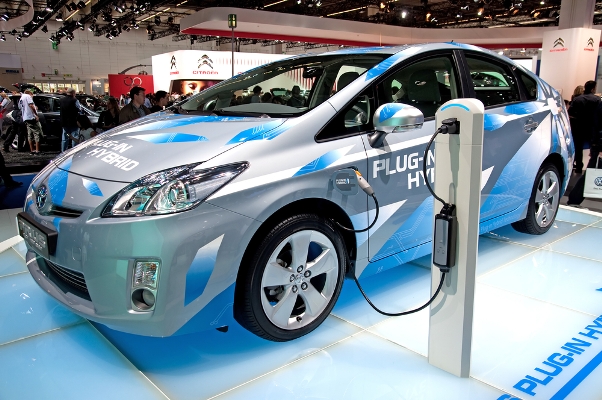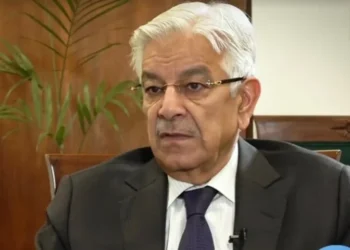BYD Pakistan, a partnership between Chinese BYD and Pakistani car giant Mega Motors, has said that by 2030, all vehicles purchased in Pakistan will be at least 50 percent electric in line with the global target.
According to the foreign news agency “Reuters” report, the big Chinese electric vehicle company “BYD” supported by Warren Buffet announced the start of operations in Pakistan last month, which will make the country with a population of 250 million in South Asia. Malik was included in his new market.
The partnership has announced the opening of an assembly plant in early 2026, but its vehicles will go on sale this year, with the company launching 3 models in August.
Kamran Kamal, a spokesman for BYD in Pakistan, told Reuters in an interview “I see a transition of up to 50 percent to New Energy Vehicles (NEVs).”
It should be noted that Kamran Kamal is also the CEO of Hub Power, which owns Mega Motors.
This is a lofty goal for Pakistan’s auto sector, which is dominated by Japan’s Toyota, Honda, and Suzuki, but whose vehicle sales fell to a 15-year low in the fiscal year to June.
However, BYD Pakistan is the first major new electric vehicle launch company in the Pakistani market.
The sales of hybrid electric vehicles in Pakistan have doubled during the last financial year.
“Achieving 30 percent new energy vehicle adoption by 2030 is possible, but the 50 percent target may be difficult due to infrastructure constraints,” said Abrar Polani, auto sector analyst at Arif Habib Ltd.
Kamran Kamal said that the challenge of charging infrastructure will be addressed through government schemes, which will encourage its construction.
In August, local media reported that the Ministry of Energy had drafted standards for electric vehicle (EV) charging stations and that the government had considered providing them with cheap electricity.
Kamran Kamal said Pakistan is collaborating with two oil marketing companies to set up a charging infrastructure network and wants to set up 20 to 30 charging stations initially with the launch of its vehicles.
BYD Pakistan will initially sell fully assembled vehicles, which will have a higher import price than locally assembled vehicles.
Regarding the difficulties in importing and selling fully assembled units under Pakistan’s current duty structure, Kamran Kamal said, “Our main objective is to bring locally manufactured vehicles on the roads as soon as possible.”
He added that BYD Pakistan is finalizing the size of the plant but details of its investment and partnership with power utility Hub Co will be revealed later.





















